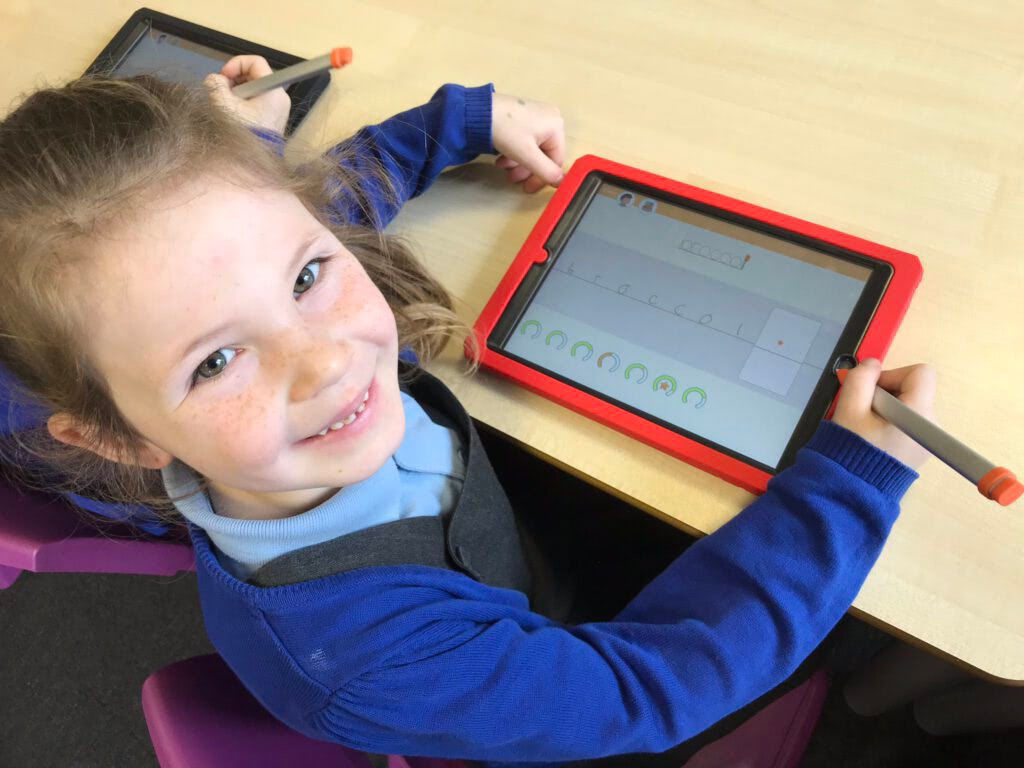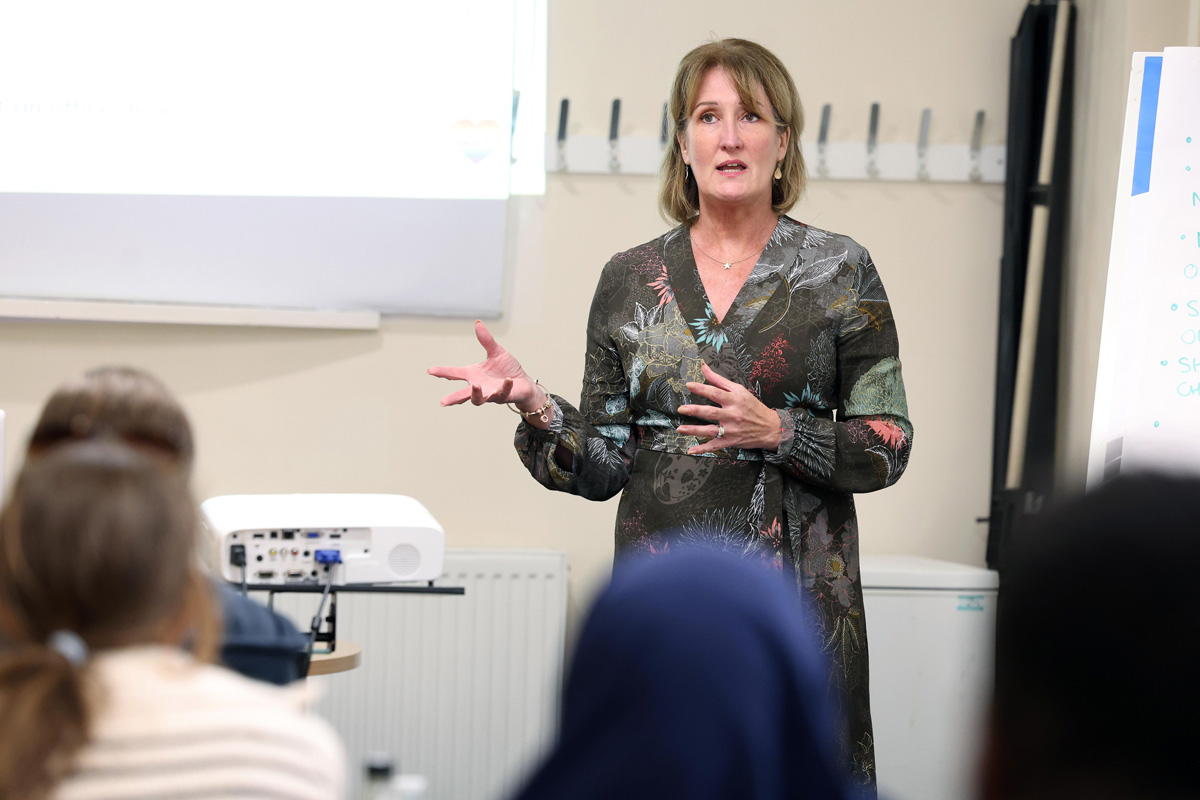DfE approve ‘Early years apps’ to help kick start learning at home

@KaligoApps_EN approved by @EducationGovUK as ‘Early years app’ to kick start learning at home
Today (21 Feb), the DfE have approved six ‘Early years apps’ to help parents and carers kick start learning at home. The launch follows a competition to find the best quality educational apps for young children, where a panel of experts has approved six expert-approved smartphone and tablet apps to help parents support their children with reading, writing and speaking.
One of the apps approved, Kaligo, is a handwriting app which combines years of neuroscientific research with the latest AI technology. Children use a stylus and tablet to trace letters through colourful and intuitive screens, which most children are already familiar with. This makes the task of handwriting more exciting, Kaligo then stores the data so parents can easily monitor their child’s progress.
Education Secretary Gavin Williamson said:
“The first few years of a child’s life are crucial in equipping them with the skills needed for the classroom, and we are working with families to make it easier to weave early learning into daily activities.
“We know that the majority of families are using technology in fun and visual ways to support their child’s early education, but it can be difficult for busy parents to work out what content is best.
“This list of expert-approved apps helps them make confident decisions that benefit their child’s language and literacy skills.”
This new development is set to revolutionise how younger children learn the fundamentals of handwriting and they receive immediate feedback and correction so handwriting improves quickly.
Talking about the apps, the Department for Education’s Independent Expert Panel said that Kaligo is “A really good app to support a child’s handwriting development!”
The six successful apps have received a quality mark from a panel of educational experts appointed by the Department for Education. The approved apps all meet agreed criteria, including elements of play, interaction and ranging levels of difficulty. The list of accredited apps builds on the Hungry Little Minds campaign, by helping parents across England choose from among the hundreds of apps already available on the market.
Faisal Hamid, Director at Kaligo explains:
“The research from the DfE today shows that over half of parents surveyed (52%) played pretend games together or took turns in fun activities with their child every day. It’s wonderful for the Kaligo team that our app has been recognised by the DfE. Many users are already witnessing the great improvement in handwriting, as well as the joy and fun Kaligo brings to the children. We look forward to seeing the benefits Kaligo can bring to children across the UK.”
The expert panel*, chaired by Professor Jackie Marsh of the University of Sheffield, brought together a range of professionals within the early education sector, including children’s digital media consultants, early learning charities and researchers at universities, drawing upon their expertise to select the most engaging and educational apps for children.
The Hungry Little Minds scheme by the DfE is part of the important work by the government to tackle the barriers some parents face in supporting their child’s learning at home, including time, confidence and ideas of things to do.
Our expert panel have approved six educational apps, designed to help boost a child’s learning at home featuring:
?interactive story books
✍️handwriting exercises using AI
?educational video games
?https://t.co/ilvHfbnQCw pic.twitter.com/egvZTebZiD
— Department for Education (@educationgovuk) February 21, 2020











Responses